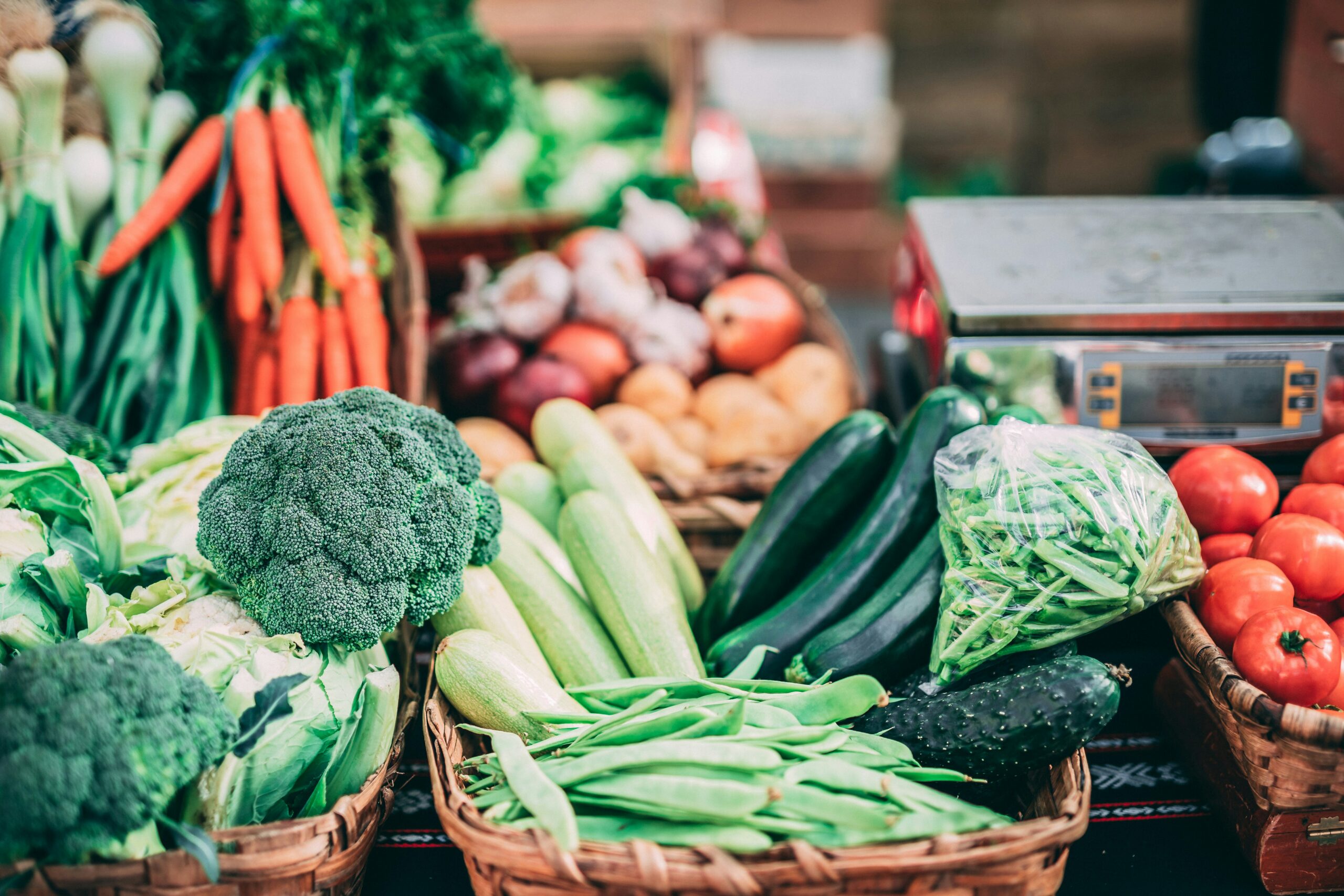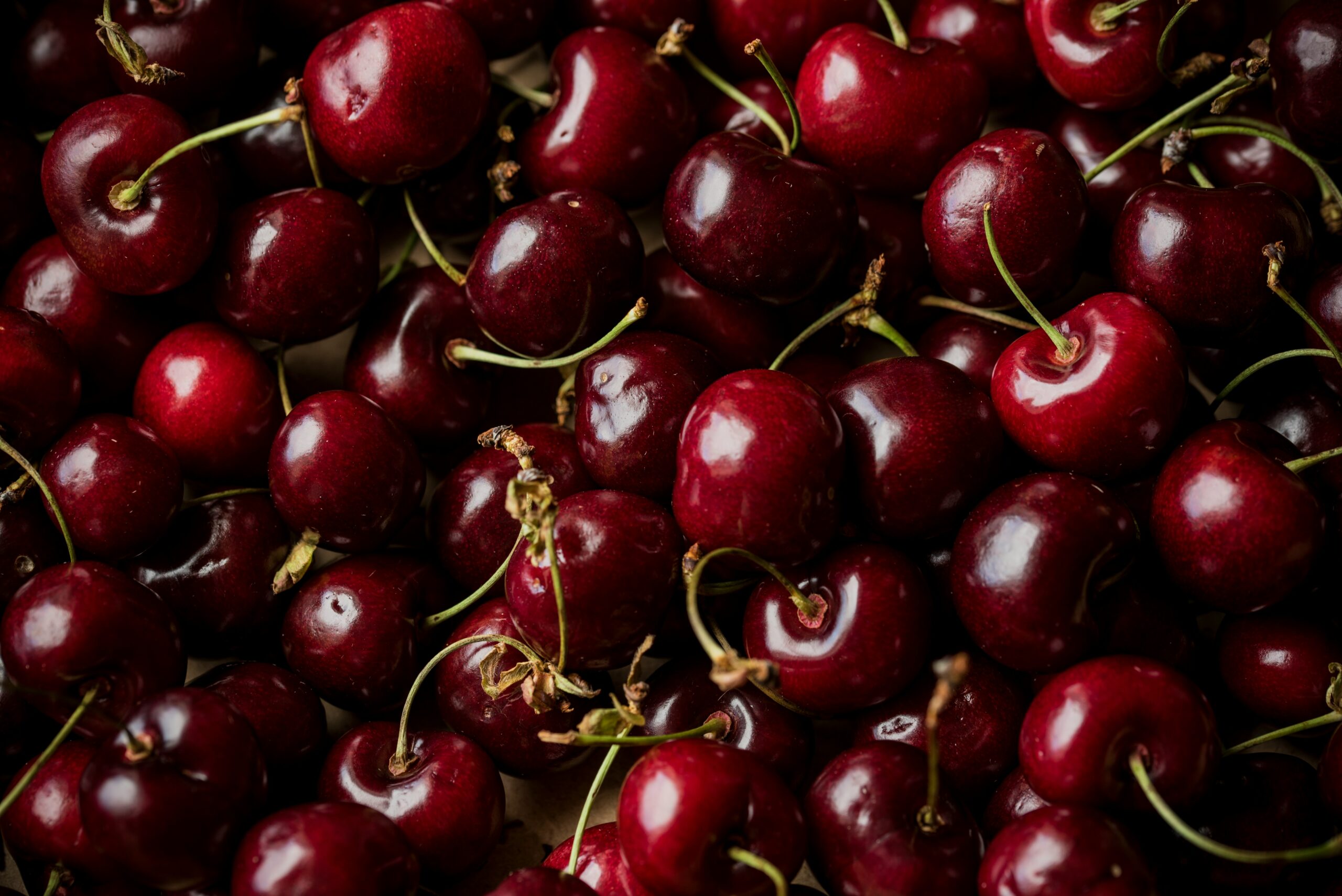
Is Falling Asleep After Eating a Sign of Diabetes?
A lot of us feel really tired or even start to nod off after eating. But when should we worry about feeling sleepy once we’ve finished a meal? Diabetes symptoms, such as feeling sleepy after eating and fatigue, should be considered. If this kind of tiredness is stopping you from getting on with your day, it might be a hint that something more serious is going on health-wise. Diabetes could be one reason behind it. In this article, we’ll look

Which Diabetes is Worse: Type 1 or Type 2?
Diabetes is a long-term health issue that touches the lives of countless people all over the globe. It’s known for causing high blood sugar levels, which can lead to severe problems if it isn’t taken care of. When we talk about diabetes, there are mainly two kinds we often hear about type 1 and type 2. So, you might wonder, which one is more serious? Let’s dive into what makes type 1 and type 2 diabetes different from each other

Corn and Diabetes: Is Corn Good for Diabetics?
If you’re someone who can’t get enough of corn on the cob or loves digging into a bowl of creamy corn chowder, it’s important to know how this favorite grain affects your blood sugar levels, especially if you’re keeping an eye on diabetes. Corn raises blood sugar due to its carbohydrate content. Keeping blood glucose within target levels is crucial, so eating corn in moderation and paying attention to serving sizes can help avoid rapid rises in blood sugar levels.

10 Best Vegetables for Diabetics (Not Always The Ones You Think)
Vegetables are an essential part of a healthy diet, especially for individuals with diabetes. They are packed with essential nutrients and have a low impact on blood sugar levels, making them an excellent choice for managing diabetes. In addition to being low in calories, vegetables are high in dietary fiber, which helps regulate blood sugar levels and promotes a feeling of fullness.When choosing the best vegetables as a diabetic, it’s important to consider their glycemic index (GI) value. The GI

Are Cherries Low Glycemic: Eating Cherries As a Diabetic
Cherries, especially sweet and tart varieties, have a moderate glycemic index score, making them potentially suitable for maintaining stable blood sugar levels. Incorporating cherries into a diabetic diet can provide essential nutrients like vitamin C and potassium while satisfying a sweet tooth. When you eat cherries, you benefit from their low carbohydrate content and low glycemic index, making them a suitable option for people with diabetes.In this article, we’ll look into the glycemic impact of cherries, their nutritional value, and

Is Quinoa Good For Diabetics: Read This Before Adding it to Your Diet
Quinoa, a versatile grain native to South America, has gained popularity for its exceptional nutritional benefits. For individuals managing diabetes, understanding the impact of food choices on blood sugar levels is crucial. This superfood, rich in fiber and low on the glycemic index, offers a healthy alternative in diabetic meal plans. By exploring quinoa’s unique properties and its potential role in blood sugar regulation, we can uncover how this nutrient-dense grain can support overall health in individuals with diabetes. Key


